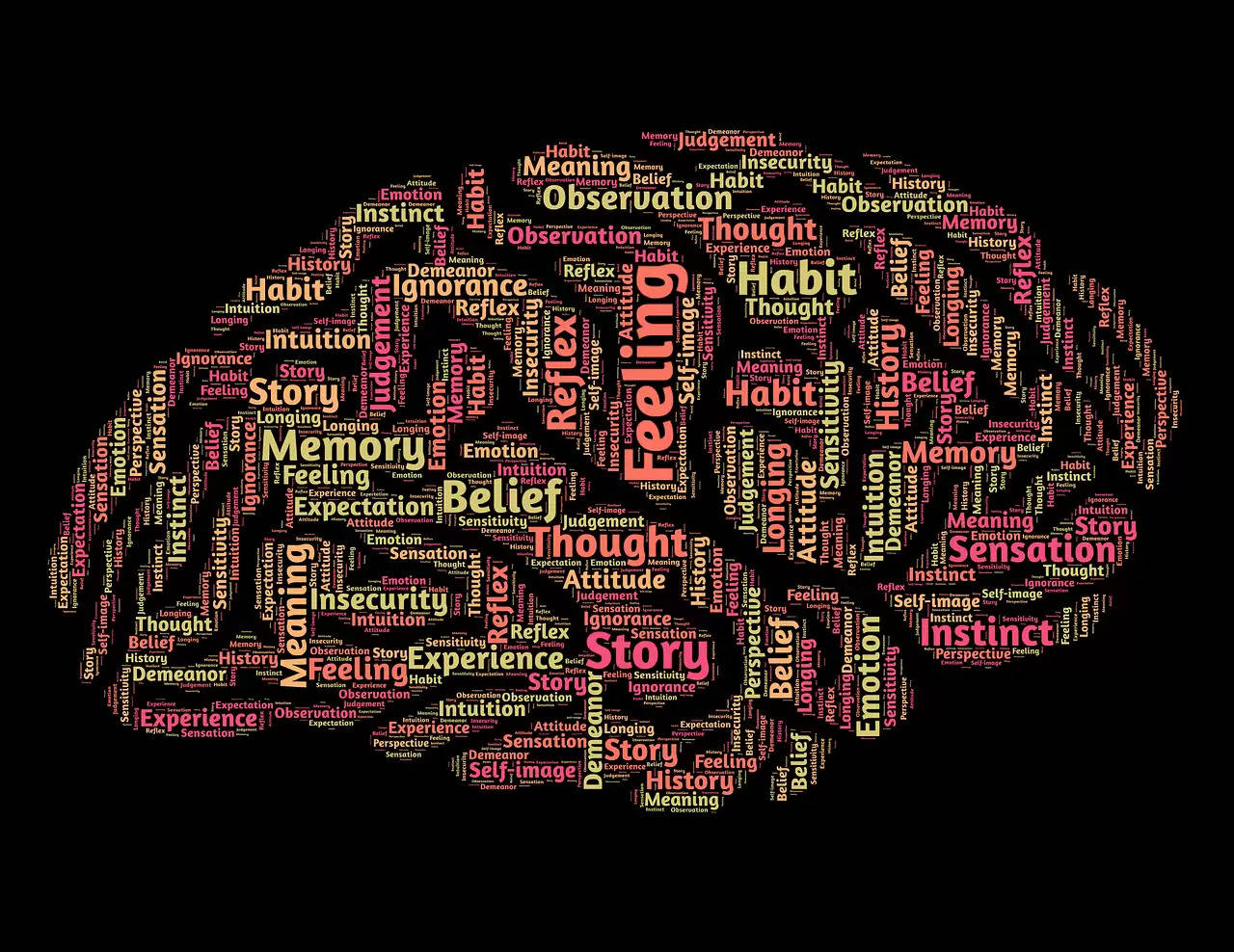The Memorability Matrix

Have you ever marveled at how your brain can recall certain experiences vividly amidst a sea of information? A recent study suggests that the key to understanding this phenomenon lies in how hard your brain has to work.
Delving into the intricate workings of memory, researchers in the United States have uncovered fascinating insights that shed light on why some memories are etched into our minds more deeply than others.
The Science Behind Memory Formation
In a quest to unravel the mysteries of memory, scientists embarked on a journey to explore the relationship between the complexity of visual information and its memorability.
By combining a computational model of scene complexity with behavioral experiments, they sought to decipher the intricate mechanisms underlying memory formation in the human brain.
Prioritizing the Unpredictable
One intriguing revelation from the study is that the human mind appears to prioritize remembering experiences that defy easy explanation. In other words, if an event or scene is too predictable or mundane, our brains may overlook it in favor of more perplexing or unexpected stimuli.
This propensity to remember the unfamiliar may serve as a survival mechanism, allowing us to adapt and thrive in an ever-changing environment.
Unraveling the Experiments
To put their theories to the test, the research team designed a series of experiments involving rapid sequences of natural images. Participants were tasked with recalling specific images from these sequences, providing valuable insights into the intricacies of human memory.
What emerged from these experiments was a compelling correlation: the more challenging it was for the computational model to reconstruct an image, the more likely it was to be remembered by the participants.
Implications for Artificial Intelligence
Beyond enhancing our understanding of human memory, these findings hold significant implications for the field of artificial intelligence (AI). By leveraging insights into how humans perceive and remember visual scenes, researchers hope to develop more efficient memory systems for AI applications.
This synergy between cognitive neuroscience and AI could pave the way for groundbreaking advancements in machine learning and computer vision.
Unlocking the Secrets of the Mind
As we delve deeper into the intricate workings of the human brain, we continue to unravel its enigmatic mysteries. From the formation of memories to the complexities of perception, each revelation brings us closer to unlocking the secrets of the mind. By bridging the gap between neuroscience and technology, we embark on a journey of discovery that promises to transform our understanding of cognition and consciousness.
In conclusion, the study's findings offer a fascinating glimpse into the inner workings of memory and perception. By elucidating the factors that influence what we remember, researchers pave the way for future breakthroughs in neuroscience, artificial intelligence, and beyond.
As we peer into the depths of the human mind, we gain invaluable insights that shape our understanding of who we are and how we perceive the world around us.
.jpg)
